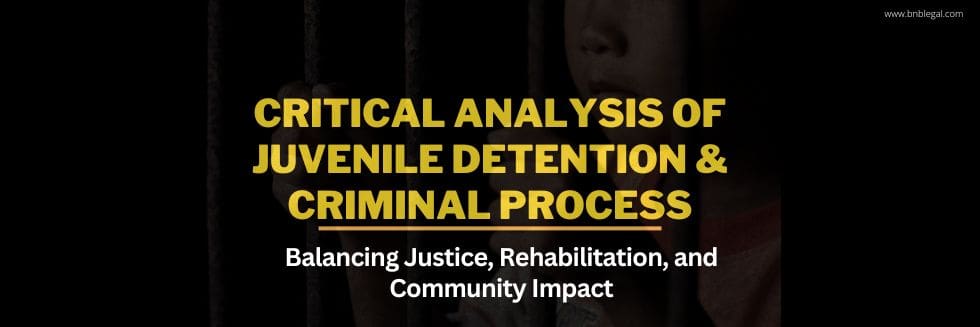Section 403 of IPC defines and prescribes punishment for criminal misappropriation. It applies in the cases wherein the possession of property has been innocently acquired but from subsequent intention or knowledge, the retention becomes wrongful, then it amounts to criminal misappropriation.
Section 403 Indian Penal Code (IPC) Reads as follows:
Whoever dishonestly misappropriates or converts to his own use any movable property, shall be punished with imprisonment of either description for a term which may extend to two years or with fine or with both.
Illustration:
A finds a purse with money, not knowing to whom it belongs, he afterwards discovers that it belongs to Z and appropriates it to his own use A is guilty of offence under this section.
ESSENTIAL INGREDIENTS:
1. The accused misappropriated that property and converted the same to his own use dishonestly.
2. The movable property belonged to the complainant.
Detailed analysis of Section:
(a) Property must be of another and it should be movable:
(i) Property must be of another.
The term misappropriation implies misappropriation of property in possession of someone else. No criminal misappropriation of property can take place of that property is nobody possession.
In case of Romesh Chunder Sannyal Vs. H. Mindal 1890, ILR 17 Cal. 852, the court held that a bull set at large, is property of no one and therefore no case of criminal misappropriation can be constructed.
There cannot be a misappropriation of one’s own property. For example, in a partnership firm where even though an individual is not the absolute owner, still, a case of criminal misappropriation cannot be made.
(ii) Property must be a movable property and must be in possession of someone.
(b) Converts to own use.
There must be actual conversion of the thing misappropriates to his use. Mere retention of the property does not make him guilty of misappropriation.
Illustration:
A sees Z drops his purse with money in it. A picks up the purse with intention of restoring it to Z, but, afterwards appropriates it to his own use. A has committed an offence under this section
(c) Dishonest intention:
Criminal Misappropriation takes place not when one has innocently come into the possession of a thing, but when by a subsequent change of intention, or, when some new fact comes to knowledge, of which one was not previously acquainted, keeps the thing which makes the retention wrongful and fraudulent.
So, the offence of criminal misappropriation has been eloquently dealt in the IPC.
Differences:
DIFFERENCE BETWEEN CRIMINAL MISAPPROPRIATION AND CRIMINAL BREACH OF TRUST UNDER INDIAN LAW (INDIAN PENAL CODE).
| Point of difference | Cr. Misappropriation | Cr. Breach of trust |
|---|---|---|
| Mode of acquiring property | Property comes into the possession of the accused in some natural or any causal manner and then he afterwards misappropriates it. | Property comes into the possession of the accused either by an express entrustment or by some process whereby the accused is entrusted. |
| Contractual relationship Mode of conversion | No contractual relationship. Applies to conversion of property which comes into possession of offender anyhow. | Contractual relationship exists. Applies to conversion of property held by person in a fiduciary relationship |
DIFFERENCE BETWEEN THEFT AND CRIMINAL MISAPPROPRIATION UNDER INDIAN LAW (INDIAN PENAL CODE).
| Point of difference | Theft | Cr. Misappropriation |
|---|---|---|
| Initial taking | wrongful and unlawful | innocent and lawful |
| Right of possession | Invasion of possession of another person by the wrongdoer. | Offender is already in possession of the property. |
| Moving | Mere moving is an offence. | Moving may even be lawful; subsequent intention to convert or misappropriate property constitutes the offence. |
| Consent | The property is moved without the consent of the owner. | Here, the accused might come into possession of the property with the consent of the owner. |
| Dishonest Intention. | Dishonest Intention Precedes taking. | Dishonest Intention comes after the taking. |
COMPLEX SITUATION:
X’s child is to undergo an emergency operation, In order to purchase medicine X takes out some money from the office chest but deposits it back after a couple of days.
Laws do not know emotion. They work on objective standards and do not spare any situation. As far as the criminal liability is concerned, since this situation satisfies all ingredients of the offence, charges can be fastened against X. however, since the intention was to return the money and the money got returned later, it can be observed that the X is not blatantly immoral but was constrained out of a situation to do the act, however, the act done by x is no less a crime and it is irrespective of time – as to how long it was conducted for. But weighing all the facts in this particular case, a judge may award a sentence to x on a lesser side.






